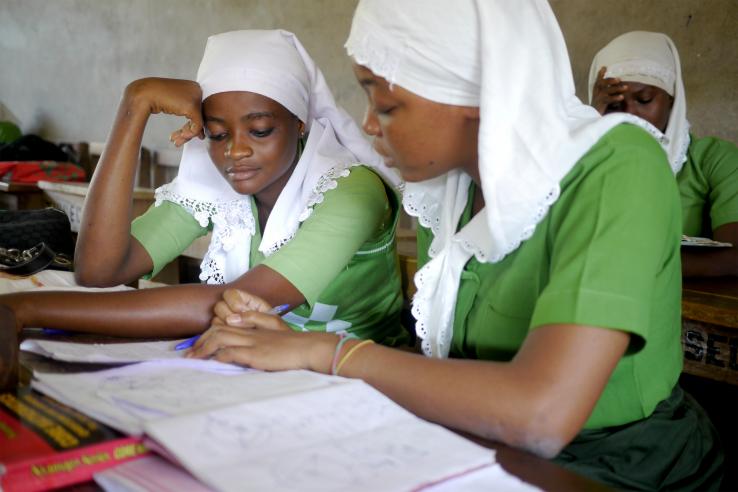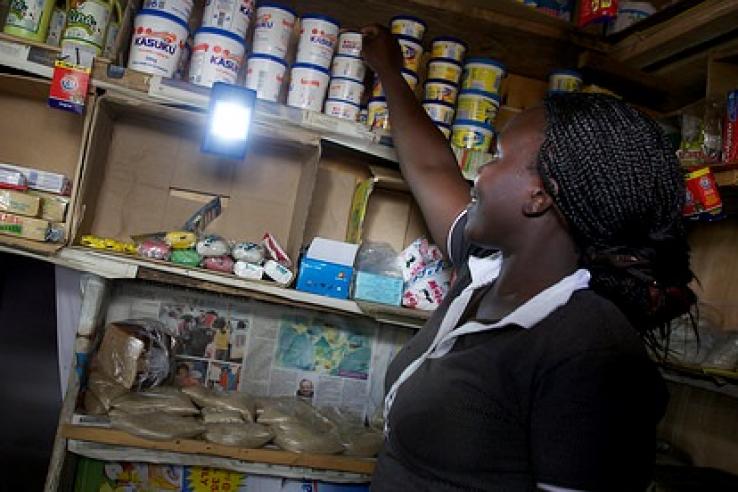Guidance and Information for Improved Education Decisions in Ghana
Powering Small Retailers: The Adoption of Solar Energy under Different Pricing Schemes in Kenya
Kenya, East Africa's largest economy, is struggling with an ageing energy infrastructure and low connectivity to the power grid. William Jack and affiliate Tavneet Suri (MIT) study the impact of off-grid solar power on small retailers in Nairobi.


